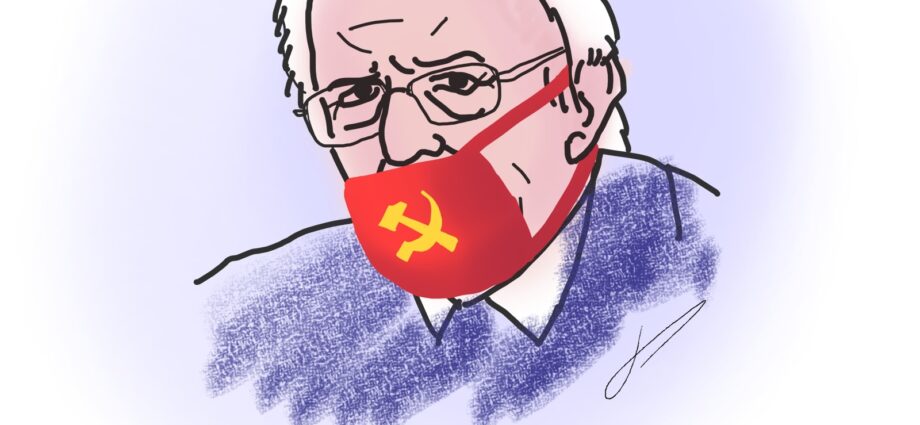By Caitlin Elston-Weidinger
April 10th–just a month ago, stuck somewhere between apprehensive and unbothered–we were discussing the first two closures of the stock markets over a joint at Vondelpark, attending lectures with an air of hesitation over what was still only being fatefully understood as a Chinese or Italian problem. COVID-19 then swiftly made its way from the headlines to the inner-respiratory tracts of people across almost every state worldwide. Now that the world’s hospitals and dedicated healthcare workers are overwhelmed by the virus, the case for the creation of or greater investment in universal health care systems has been significantly bolstered. To add further insult to injury, Bernie Sanders announced the suspension of his bid for presidency this Wednesday. However, the ambitions of the Sanders campaign have become and will continue to be increasingly pressing as the intersection of crisis and unmitigated capitalism run their course through American life and the world.
Mar. 10th–nearly a year and a half following Kamala Harris’s first bid for the democratic nomination in the 2020 US Presidential election, the contest now eerily resembles that of 2016–what is for many, a stubborn wine stain that cannot be removed. After the mass exodus of potential candidates post-super Tuesday, Joe Biden was increasingly touted as the leading horse in the race. One that was panning out to be a two-horse race between Biden, an establishment candidate with admittedly more public support than his ill-fated female predecessor, and Bernie Sanders, to whom the reawakening of America’s left-leaning idealists must be credited to. All this with a backdrop of centrist pundits, fellow nominees and even MSNBC flocking to Biden’s lackluster ideologically-ambiguous campaign. Nay-sayers who at times even compromised Bernie Sanders to the point of outright labeling him with America’s favorite dirty word, a communist. Rhetoric which few would be surprised to hear from the debate stage of a US presidential election. However, these pithy undercuts from members of the same party and ideological flavor have served to further promote undesirable images of social programs as lofty, radical-leftist ideals, rather than as feasible, progressive and morally constitutive policies. Ones that seek to address inequality on a highly unequal playing field, such as public healthcare insurance and more government-subsidized university tuition.
My first encounter with the democratic ideals that lie just underneath the surface of the democratic party was through Michael Moore’s Capitalism: a love story. And it was indeed a love story. Ideals that had manifestations in a more socially protected Western Europe, which I was simultaneously growing to understand and love. Any rational person observing the plight Americans succumbing to the economic burden of their respective insurance and education providers would come to the same conclusion. Bernie Sanders’ bids for presidency have brought once unconventional ideals like these to the forefront of the democratic debate stage over the course of the last four years, not to overlook the impact of his lifelong career. Neither cheap taglines from either side of the political spectrum, nor the loss of Bernie’s presidential bid will stunt the profoundly impactful groundwork laid out by his campaign. Bernie offered a number of lessons to the increasingly morally-compromised Democratic party. From ridding campaigns of big money donations, condemning Israel, pushing the climate agenda to the forefront, to normalizing calls to expand social welfare. Not to mention having led a 50-year long sexual-harassment- allegation-free career in politics, what is now almost anomalous among white, male American politicians. So if the democratic party fatefully decides to run a democrat so similar to 2016’s defeated horse we can only recall the words of Tony Benn, “There is no final victory, as there is no final defeat. There is just the same battle. To be fought, over and over again. So, toughen up, bloody toughen up.”
Edited by Juni Moltubak
Artwork by Oscar Laviolette

